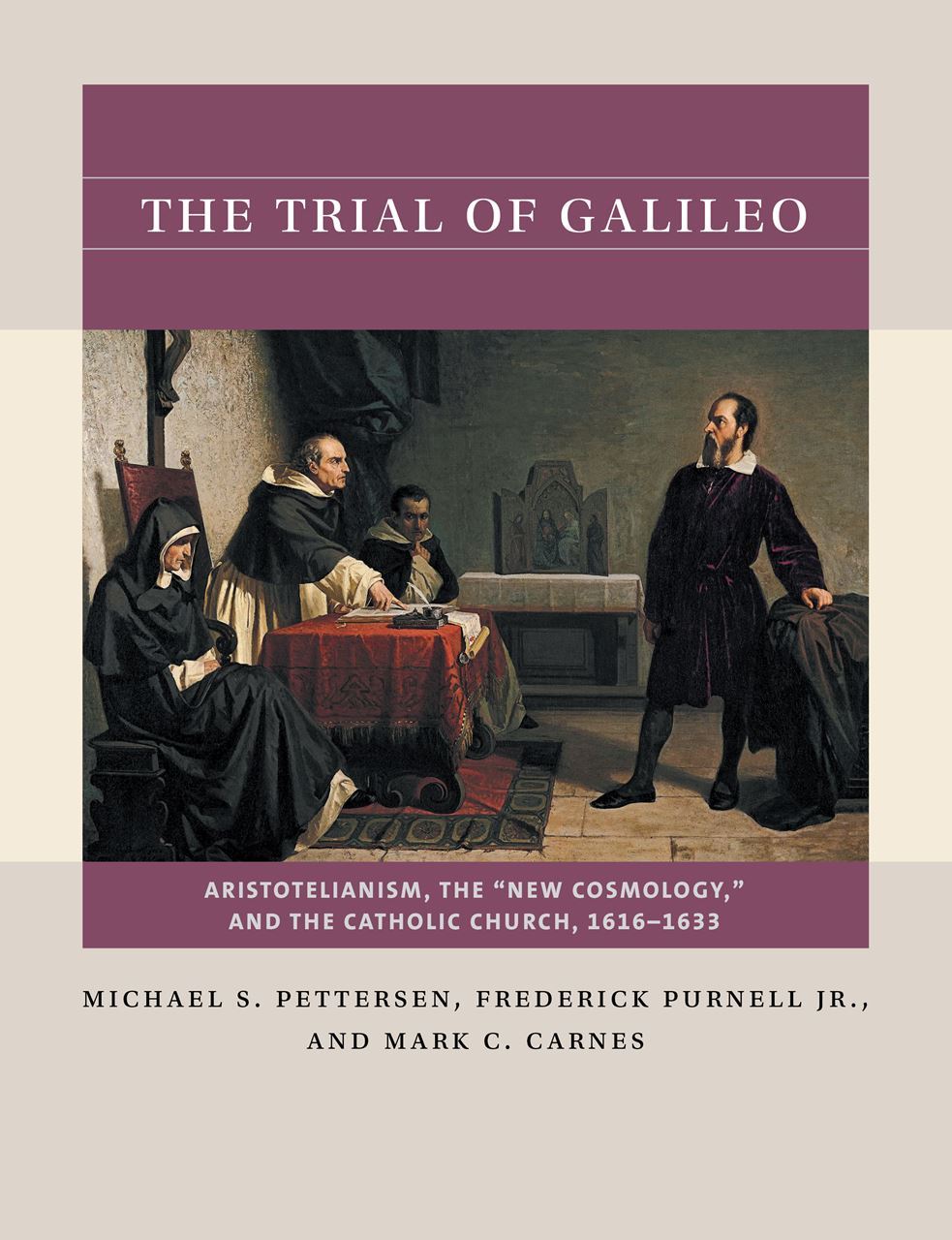 |
 Play this game recently? | Science isn't Usually Done by a Vote In this game, students play one of nine astronomers arguing the definition of a planet at a 1999 debate in New York City and a 2006 meeting of the International Astronomical Union. During this game, students will compare the history of Pluto’s discovery to that of the asteroid Ceres, describe the properties of the Kuiper Belt and its members, Plot the orbital and physical properties of planets, asteroids, and comets, and ultimately debate the necessity and value of scientific classifications. |
Details
|
Using the Game |
Class Size and Scalability |
 GAME MATERIALS
GAME MATERIALS
Reacting Consortium members can access all downloadable materials below. You will be asked to sign in before downloading.
Please fill out the Permissions Request Form before using The Pluto Debate in your class!
Gamebook Students need a Gamebook, or in this case, a gamesheet, which includes directions, resources, and historical content. | Instructor's Guide The Instructor's Guide includes guidance for assigning roles, presenting historical context, assignments, activities and discussion topics, and more. | Role Sheets and Add'l Materials Students also need a Role Sheet, which contains biographical information, role-specific resources or assignments, and their character's secret victory objectives. |
Anthony Crider Tony Crider is a Professor of Astrophysics at Elon University in North Carolina. He received his Ph.D. in space physics and astronomy from Rice University in 1999 studying gamma rays and X-rays emitted by newly formed black holes. He continued this work as a National Research Council associate at the Naval Research Laboratory. Before moving to Elon, Dr. Crider taught at American University where he coordinated the Multimedia Design and Development program. His interest in science visualization led him to create virtual planetariums, telescopes, and lunar landscapes within the 3D online world of Second Life. In 2006, he co-founded the SciLands, an archipelago of Second Life islands dedicated to science education and outreach. After receiving a grant from the National Science Foundation to create and disseminate science role-playing games such as The Pluto Debate. Recently, he has taught classes both with and about virtual reality, and served as chair of the Reacting Consortium Board. His hobbies include protest photography, world percussion, and trying to understand his dog, Murphy. |
Members can contact game authors directly if they have questions about using the game. We also invite instructors join our Facebook Faculty Lounge, where you'll find a wonderful community eager to help and answer questions.
|
|
|


